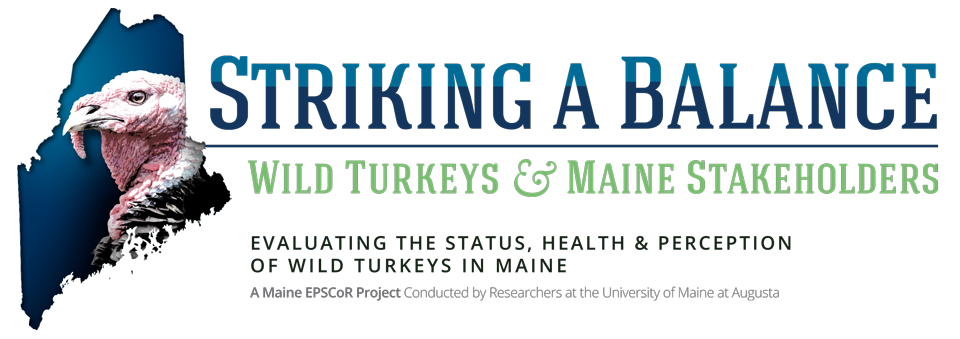Researchers
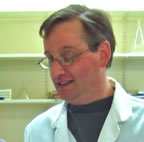
Peter Milligan, Ph.D. is Associate Professor of Biology at the University of Maine at Augusta, and is interested in the microbial ecology of polluted and extreme environments as well as emerging microbial pathogens related to climate change, and changes to the landscape.
Currently, students in Milligan’s research lab are investigating the presence of microbial pathogens in repopulated wild turkeys in the state of Maine in collaboration with Maine Inland Fisheries and Wildlife, University of Maine Animal Health Lab, Maine Medical Research Institute, and The University of Georgia Southeastern Wildlife Disease Study. Microbial agents such as Eastern Equine Encephalitis Virus (EEEV), West Nile Virus (WNV), Lymphoproliferative Disease Virus (LPDV), mycoplasma species, and staphylococcus species, found in the wild and domestic turkey population have the potential to affect agricultural and wildlife management practices as well as inform clinical decision making. Discovery of LPDV in Maine wild turkeys in 2012 resulted in changes to the Maine Inland Fishery and Wildlife policy on relocation and repopulation of these birds.
Employing a range of skills including fieldwork, serological, microbial isolation, and molecular techniques, students are investigating exposure to microbial pathogens in the Maine wild turkey population and the effect these birds may have on domestic poultry. The process of data collection and analysis is designed to get students to think critically beyond the classroom, and prepare them for a career in science after graduation.
Contact: peterm@maine.edu
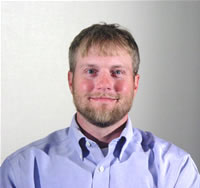
Christopher Lage, Ph.D. attended the University of Vermont (B.S. in Biology, 1995) and the University of Maine (M.S. in Marine Biology, 2000; Ph.D. in Biological Sciences, 2005) where he completed his post-doctoral training in Molecular Biology (2006). Dr. Lage is currently an Associate Professor of Biology at the University of Maine at Augusta and an Adjunct Assistant Professor in the School of Marine Sciences at the University of Maine.
Dr. Lage’s primary research interests involve the use of molecular tools to investigate problems associated with conservation and management of wildlife and fisheries populations. Understanding the genetic structure of endangered populations such as Maine Atlantic salmon is paramount to developing effective conservation strategies. Dr. Lage also uses genetic population data of harvested species such as deer and moose to assist the Maine Warden Service with molecular forensic analysis of criminal poaching cases.
Dr. Lage has worked with wildlife and fish species in Maine including deer, moose, salmon, cod, haddock, and spiny dogfish sharks. Currently he is working on this project, investigating the genetic structure of the ever-increasing wild turkey population in Maine.
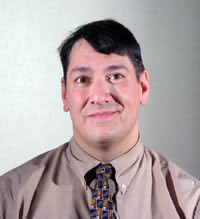
Joseph Szakas, Ph.D. is Vice President for Academic Affairs and Provost at the University of Maine at Augusta.

Catherine Turcotte, Ph.D. is Adjunct Faculty in the Social Science department at the University of Maine at Augusta and Assistant Professor of Sociology at Colby-Sawyer College. Since joining the UMA EPSCoR team in the fall of 2012, Kate’s role has evolved to include the development and execution of surveys measuring the acceptance capacity of wild turkeys among stakeholder groups and website development. She has overseen the work of a number of undergraduate research assistants working on the project, and is currently writing up initial findings for dissemination.
Kate also teaches courses ranging from Statistics and Research Methods to Social Problems and Race and Ethnic Relations, and has publications in the arenas of arctic society and poverty.
Undergraduate Research Assistants
Sarah Holland
Louis Roy
Rolando Tanoco
Karen Theberge
Subject
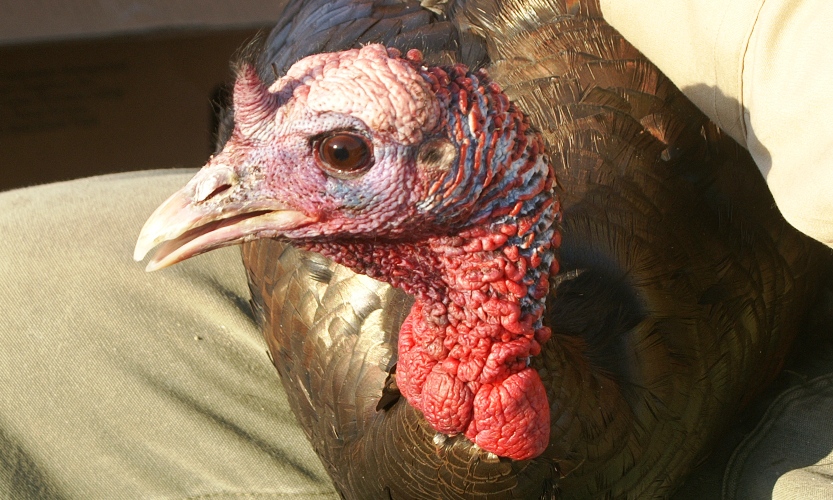
The wild turkey (Meleagris gallopavo) does not hold an advanced degree but has demonstrated great resilience and is the focus of this project. By the early 1800’s wild turkeys in Maine were completely eliminated due to unrestricted hunting and intensive agricultural practices resulting in the reduction of forest land. Successful reintroduction efforts began in the 1970’s, and currently a population of over 50,000 birds can be found across all sixteen counties in Maine.
